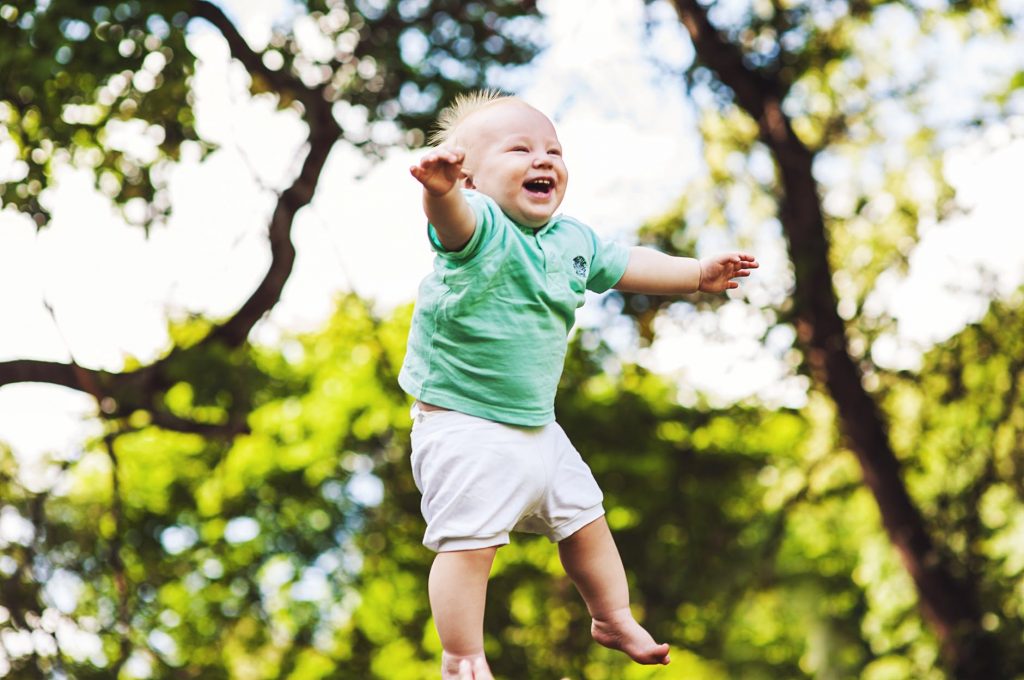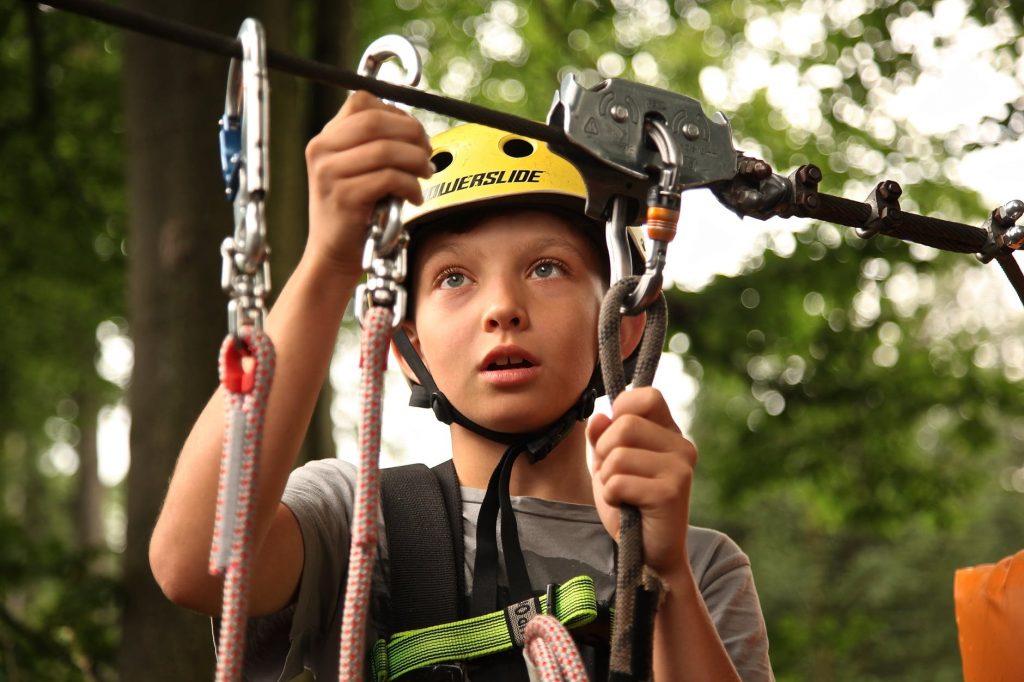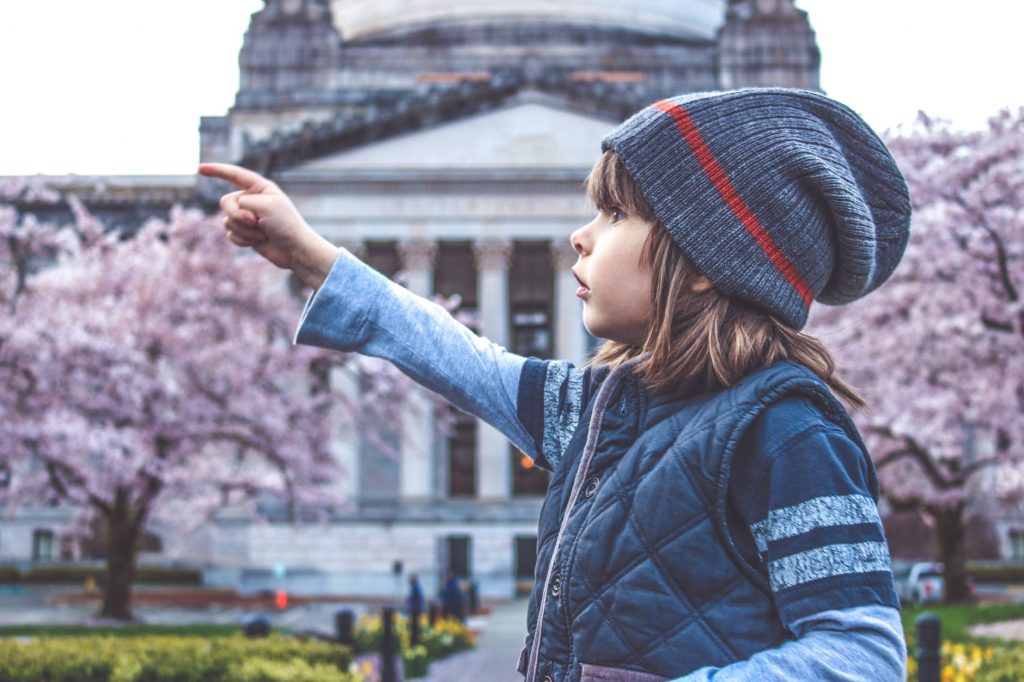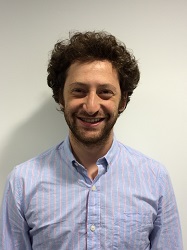Human rights apply to people of all ages. It doesn’t matter if you’re 7 or 72, we can all expect the same basic protections.
However, back in 1989, governments, non-governmental organisations, human rights advocates, lawyers, health specialists, social workers, educators and child development experts got together to create a convention that focused specifically on the rights of children.
Children are vulnerable in ways that adults are not and sometimes need different protections, so thus the Convention on the Rights of the Child (CRC) was born.
The Convention on the Rights of the Child
 Image Credit: Aleksandr Balandin / Pexels
Image Credit: Aleksandr Balandin / Pexels
The CRC was the very first time a formal human rights commitment was centred around children. Only one country (the USA) has not ratified it, meaning it is close to being the first Convention to achieve universal acceptance.
The CRC includes a lot of the rights you would expect to see as well as some interesting rights for children such as:
- Article 3 – Best interests of the child. All actions concerning the child shall take full account of his or her best interests.
- Article 19 – Protection from abuse and neglect. The State shall protect the child from all forms of maltreatment by parents or others responsible for the child’s care and shall establish appropriate social programmes for the prevention of abuse and the treatment of victims.
It also outlines specific categories of vulnerable children such as refugees:
- Article 22 – Refugee children. Special protection shall be granted to a refugee child or to a child seeking refugee status. It is the State’s obligation to cooperate with competent organisations that provide such protection and assistance.
UNICEF states that the CRC ‘reflects a new vision of the child. Children are neither the property of their parents nor are they helpless objects of charity. They are human beings and are the subject of their own rights.’
How does the Convention Protect Children?
 Image Credit: Pexels
Image Credit: Pexels
Every country that has signed the CRC has to ensure that their legalisation and policies are up to scratch. Governments have to report every few years to a committee of independent experts, explaining how they are ensuring that they meet the rights outlined.
The Committee on the Rights of the Child are an internationally elected body of independent experts that monitor the Convention’s implementation. The Committee often suggests that countries take certain steps to ensure better protection for children such as developing national agenda for children or involving children in the policy decisions that affect them.
The Convention has helped young people all over the world via developing specific justice systems for young people and pushing Governments to prioritise children’s needs.
The Need for the Convention
 Image Credit: Pexels
Image Credit: Pexels
RightsInfo regularly reports on how human rights issues affect young people, including homelessness, abuse, justice systems, and immigration decisions that affect vulnerable children in many different ways.
It isn’t just a problem in developing countries, indeed, the last time the UK got graded on how well it does on children’s rights issues, the UN provided 150 recommendations which included:
- Sorting out the shocking numbers of children suffering mental health problems
- Making immediate improvements to the treatment of children in custody, including stopping the use of solitary confinement and abolishing the use of deliberately painful restraint on children.
The almost universal endorsement of the Children’s Convention reflects a world-wide commitment to the principles of children’s rights. The CRC is an aspiration which many countries including our own fall short of, however it is one that for the sake of children everywhere we must carry on striving towards.







